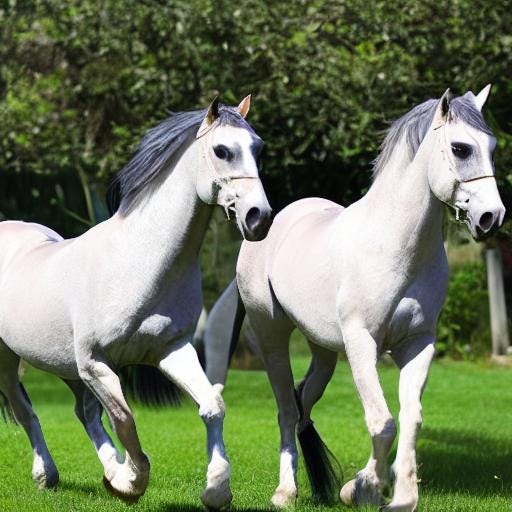Sorting Out Gwendolyn MacEwen’s Style
Sonic resonances of "Animal Spirits"
As I returned to China, I was working on an article about Gwendolyn MacEwen’s The T.E. Lawrence Poems (1982). That essay is forthcoming in a special issue of Studies in Canadian Literature, but it’s also part of what’s become a pet project of mine: to rehabilitate a poet I’ve always loved but whom I’ve found to have fallen increasin…



